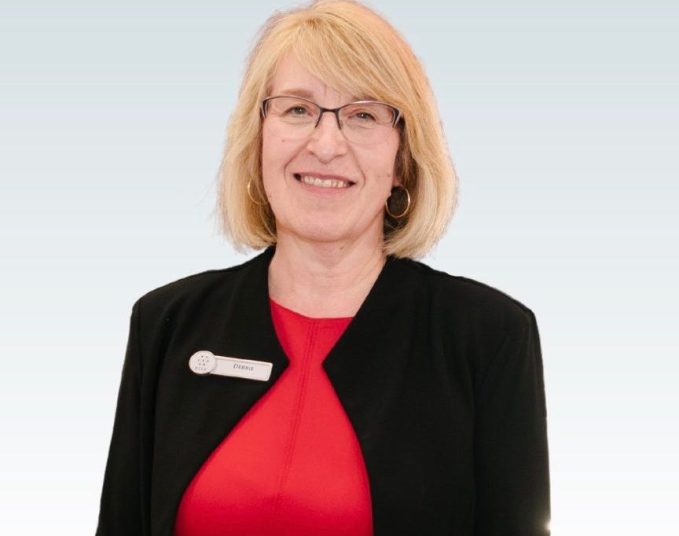The four-day work week. Based on how much we see it talked about it in the media, you wouldn’t be at fault for thinking it’s being implemented around the world, and we in North America are behind the trend.
But, the truth is, while Finnish Prime Minister Sanna Marin has made international headlines by promoting the benefits of the four-day work-week, her country hasn’t implemented it. In the United Kingdom, 61 companies took on the four-day work week as part of a pilot project, but that’s how far things have got.
In a 2023 study, Statistics Canada found that 15.5 per cent of Canadians across all sectors work overtime. The conclusion was that if we already don’t have enough hours in the day to finish what work we have, that companies would likely need to hire more staff to cover a four-day work week.
So, it’s a headline-grabber when Edmonton’s RED the Agency and Winnipeg-based Brandish, which announced their merger earlier this week, have pledged to embrace the four-day work week.
“It’s not a secret that [the creative] industry isn’t the best when it comes to how it treats its people,” says Brandish partner Derek Elliott. “If we are going to stand out, we have to make the attempt, and we’ve got to show that we want to take care of our own people.”
Lori Billey, RED’s managing partner, says we’re all trying to catch up thanks to a couple of years lost due to the pandemic, many companies are dealing with burnout.
“I think COVID helped change the agency industry,” says Billey.
Michael Walters, a principal at Edmonton’s Berlin Communications (and Urban Affairs political columnist) said that a four-day week is something that’s never been discussed at his agency.
“We do offer multiple flex days and extra days to make long weekends longer weekends. But generally we like to align our schedule with that of our clients,” he said.
The talks between RED and Brandish began in 2019 — as a conversation between friends.
Then came COVID.
But, after the worst of the pandemic subsided, the two groups began talking again — and found that there were more reasons than ever before to merge the two creative agencies. That merger was made official this week.
“It really is like a marriage, without all of the added benefits,” says Billey, whose firm has done branding work with the likes of OK Tire, the Edmonton Oilers, EPCOR, WorkSafe Alberta, AGLC and Alberta Innovates.
As a reader or smartphone user, you’ve come to recognize how the world of advertising targets you. If you look up an Italian food recipe, your feeds are bombarded with ads about tomato sauce and trips to Rome. Your behaviours are tracked.
But, in creative agencies, we’re seeing the thinking change. Billey and Brandish partner Derek Elliott speak a lot about building brand stories. It’s not about telling you where and when the next sale begins, and where you can find pillow cases for half off. It’s about connecting the advertiser with the public. When you watch this coming Super Bowl, note how many ads are actually trying to sell you something, and how many are simply telling you a story, or just trying to make you laugh.
“People don’t want to be sold, they want to be informed,” says Billey. “We’re changing at the speed of people,” Elliott says.
Sure, these come off as catchphrases, but what do they mean? While a lot of cynics will say that advertising and marketing is about influencing people, they have to be reflexive. That means, they have to react to what people want to see, and how they buy stuff. Elliott says “marketers are less able to rely on third-party data due to big changes in how tech leaders are treating privacy.” There are “hyper-targeted” campaigns and creative agencies are more focused on specific regions.
“And people are buying things online in ways that they never did before,” he says, “in areas such as education and automotive. But these changes are creating a resurgence in ‘brand,’ and the need for creative.”
Why? Well, the discussion I had with Billey and Elliott was far-reaching, but I’ll break it down the best I can: Thanks to a world where everything is online, where pretty well every song, movie and television show can be streamed, people are “untethered.”
What does that mean? Well, our interests are now more diverse than ever. Twenty years ago, a marketing firm could say “male Edmonton Oilers fan, age 30” and then assume that person was white, liked domestic beer and was OK with Nickelback. Now, those ties can’t be assumed. A person today can be all psyched to go see Metallica this coming summer at Commonwealth, but also be an out-of-the-closet Taylor Swift fan. People discover music and television shows from bygone eras and talk about them like they’re new. Things don’t really go out of fashion, they’re just waiting to be rediscovered. People are more open than ever to cuisines from around the world — and mixing and matching them to their tastes. Kimchi tacos, anyone?
So that makes it more important than ever to tell great stories — because the old marketing formulas don’t add up anymore.
And, COVID made many of us comfortable with working outside of the office and Zoom meetings, so being based in Edmonton and Winnipeg is not the issue it used to be when it comes to attracting national clients. You can succeed without an office near the Bay Street towers.
“When we started our agency back in 2016, we wanted to attract strong, national brands,” said Elliott. “We wanted to win clients in Toronto.”
Savvy AF. Blunt AF. Edmonton AF.




